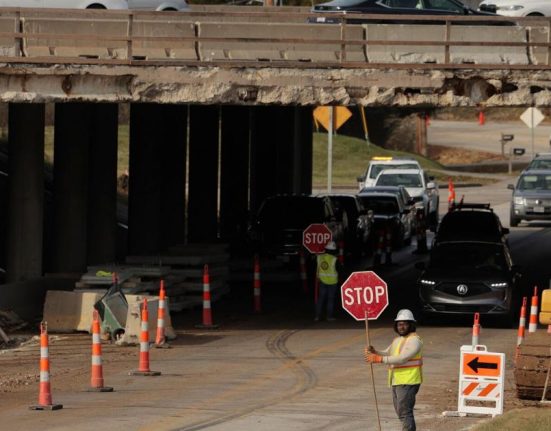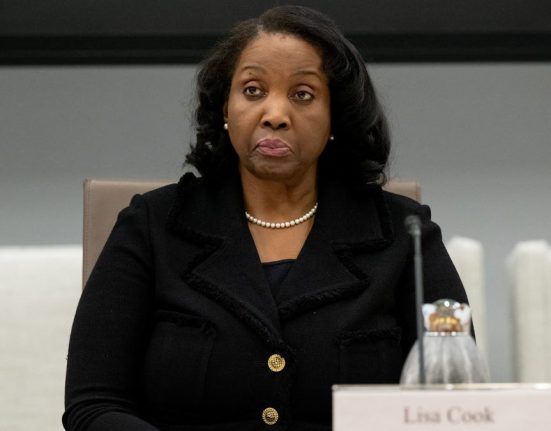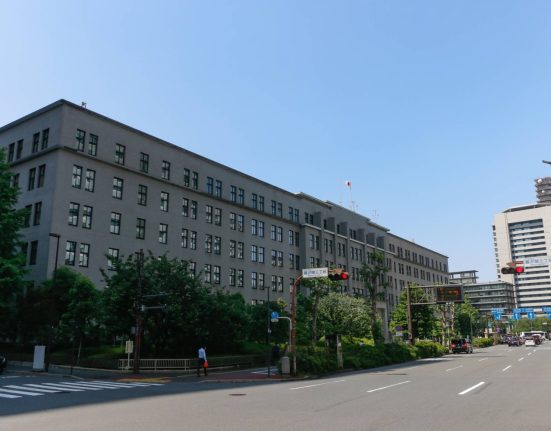Gov. DeWine explains why child care is a budget priority
Gov. Mike DeWine held a news conference Monday to unveil his budget recommendations. He opened his conference speaking about how the state can fund child care.
- Ohio Attorney General Dave Yost urged Gov. Mike DeWine to veto a provision in the state budget that would allocate $600 million in unclaimed funds towards a new Cleveland Browns stadium.
- Yost argues that using public funds for a private sports facility is poor policy and that billionaires should finance their own stadiums.
- The budget would give the state ownership of unclaimed funds after 10 years, a move Yost says deviates from other states and could harm taxpayers.
Ohio Attorney General Dave Yost is urging Gov. Mike DeWine to veto part of the state budget that would escheat $600 million in unclaimed property funds toward a new stadium for the Cleveland Browns.
In a June 27 letter, Yost blasted lawmakers’ plan to divert unclaimed funds that have been in the state’s possession for more than 10 years toward stadium projects.
“The statutory taking of public funds without clear public benefit is poor policy,” Yost said.
The budget, which passed with support from most Republicans and no Democrats, would give the state control of $1.7 billion in unclaimed funds. Of that, $600 million would be reserved for the Browns to build a new stadium and entertainment district in Brook Park. It also sets aside $400 million for other stadium projects and $700 million for purposes yet to be determined.
DeWine must sign the budget before July 1, but he may veto individual items he doesn’t support.Unlike past uses of unclaimed funds, the plan would allow Ohio to assume ownership of abandoned paychecks and security deposits after 10 years. Ohio is sitting on $4.8 billion in unclaimed property.
Yost said that while all 50 states have some kind of unclaimed property fund, some of which use the interest from that money for revenue, a plan to cut off individuals’ property rights after 10 years “would deviate from the norm.”
Though the budget bill allocates $1 million to the state Department of Commerce to advertise the change and encourage Ohioans to check if they have any unclaimed funds with the state, Yost said the 10-year cut-off “risks inadvertently harming taxpayers.”
“I remain concerned that many Ohioans — some still unaware they are entitled to their monies — will lose out due to this change,” he said.
Yost particularly took issue with the idea of using unclaimed funds to bankroll professional sports teams.
“Billionaires should finance their own stadiums — full stop,” Yost said. “The $600 million handout for a single professional sports facility raises serious concerns about fiscal sustainability and fairness.”
Yost said the change could potentially prioritize a single private entity over “more urgent statewide needs,” like lowering the cost of child care or easing property taxes. The provision would also create a precedent, he said, for other Ohio teams to come to lawmakers for public funds.
“Most Ohioans will never set foot in the proposed Brook Park stadium or similar venues — whether due to lack of interest, team affiliation, or the unaffordable cost of attending professional sporting events,” Yost said. “Too often, Ohio taxpayers are left on the sidelines while the wealthiest score with public money.”
The Senate proposal was one of three dramatically different ideas for the Brook Park development. House Republicans proposed a $600 million bond — which would cost $1 billion with interest — and DeWine wanted to double the sports gaming tax to pay for the Browns’ stadium and other projects.
Yost ended his letter with an ask to DeWine for “a thoughtful pause” through a veto for lawmakers to explore other “more fiscally responsible and beneficial” options.
Higher education reporter Sheridan Hendrix can be reached at shendrix@dispatch.com and on Signal at @sheridan.120. You can follow her on Instagram at @sheridanwrites.







